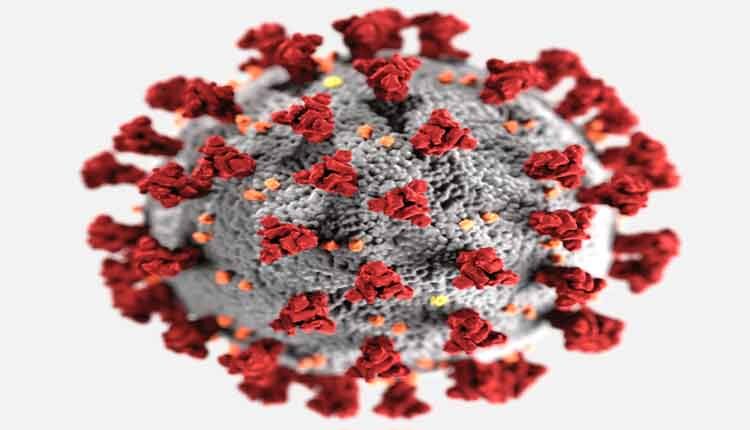Coronavirus Disease(COVID-19) is a newly found coronavirus that causes infectious diseases.
Most patients infected with the COVID-19 virus will have mild to moderate respiratory symptoms and can recover without any specific treatment. People over the age of 65, as well as people with potential medical conditions such as cardiovascular disease, diabetes, chronic respiratory diseases, and cancer, are at higher risk of serious diseases.
The most effective technique to prevent and slow down the spread of the “COVID-19” virus is to fully understand it, the diseases it causes, and how it spreads. In order to protect yourself and others from the disease, please wash your hands frequently or using an alcohol-based wipe and not touching your face.
When an infected individual coughs or sneezes, the COVID-19 virus is mainly transmitted through saliva droplets or excreted from the nose, so respiratory etiquette is particularly important.
Symptoms of COVID-19
COVID-19 affects different people in different ways. Most infected people will have mild to moderate symptoms and can recover without hospitalization.
The following are the most common symptoms:
- fever
- dry cough
- tiredness
Less common symptoms:
- aches and pains.
- headache.
- sore throat.
- diarrhea.
- conjunctivitis.
- loss of taste or smell.
- Skin rash or discoloration of fingers or toes
Serious symptoms:
- chest pain or pressure.
- difficulty breathing or shortness of breath.
- loss of speech or movement.
If you have serious symptoms, please seek medical attention immediately. Be sure to call before visiting your doctor or medical institution.
People with mild symptoms, otherwise health should manage their symptoms at home. It takes an average of 5-6 days from when someone is infected with the virus symptoms show, but it may take up to 14 days.
Prevention of COVID-19
In order to prevent infection and slow down the spread of COVID-19, do the following:
- Wash your hands regularly with soap and water, or rub your hands with alcohol to clean.
- When coughing or sneezing, use a hankie to cover your mouth and nose.
- Avoid touching your face
- Keep 1 meter of space between you and the person coughing or sneezing.
- Avoid smoking and other behaviors that damage the lungs.
- Practice physical estrangement by avoiding unnecessary travel and staying away from large groups of people.
- If you feel unwell, stay at home.

